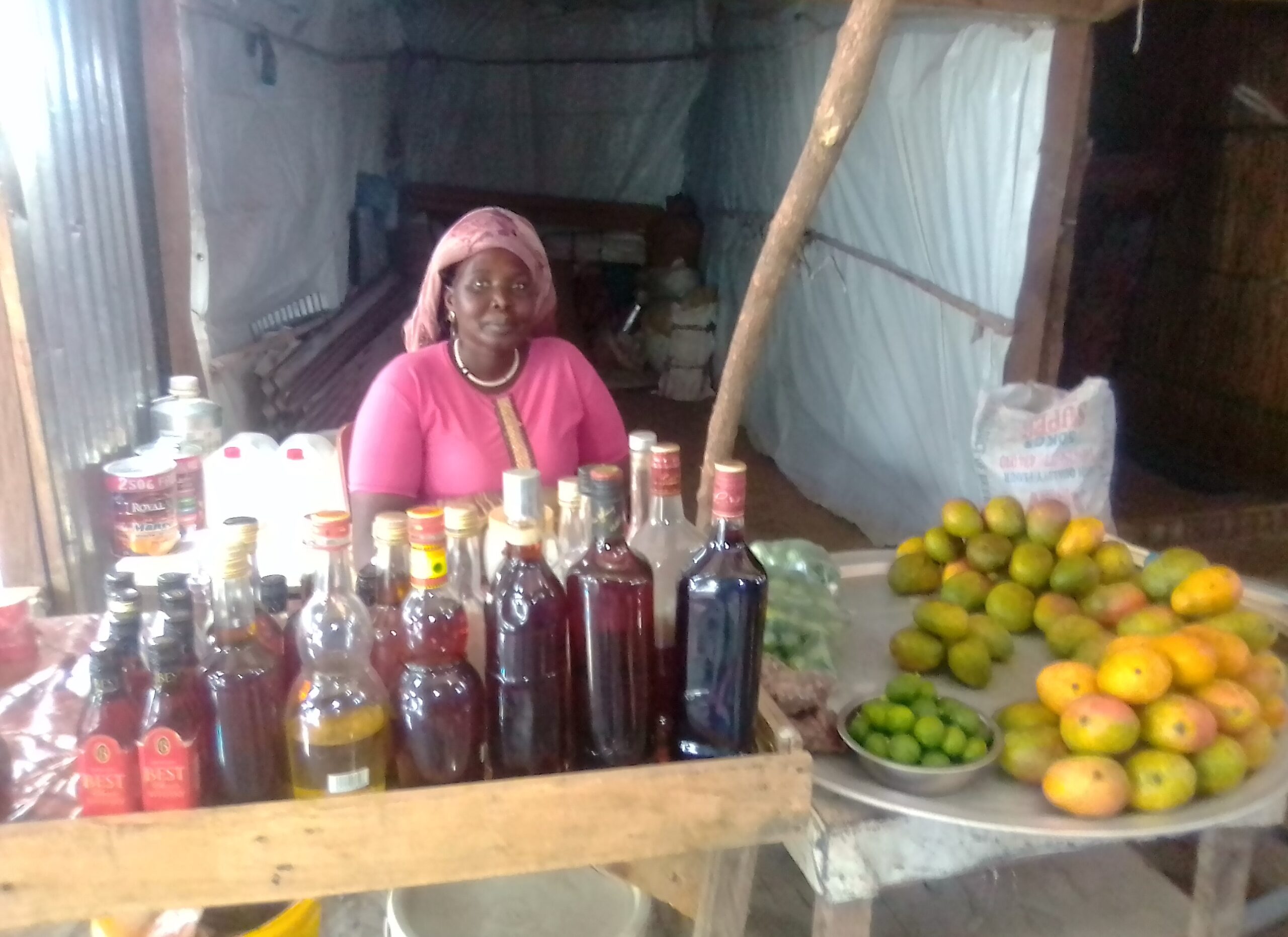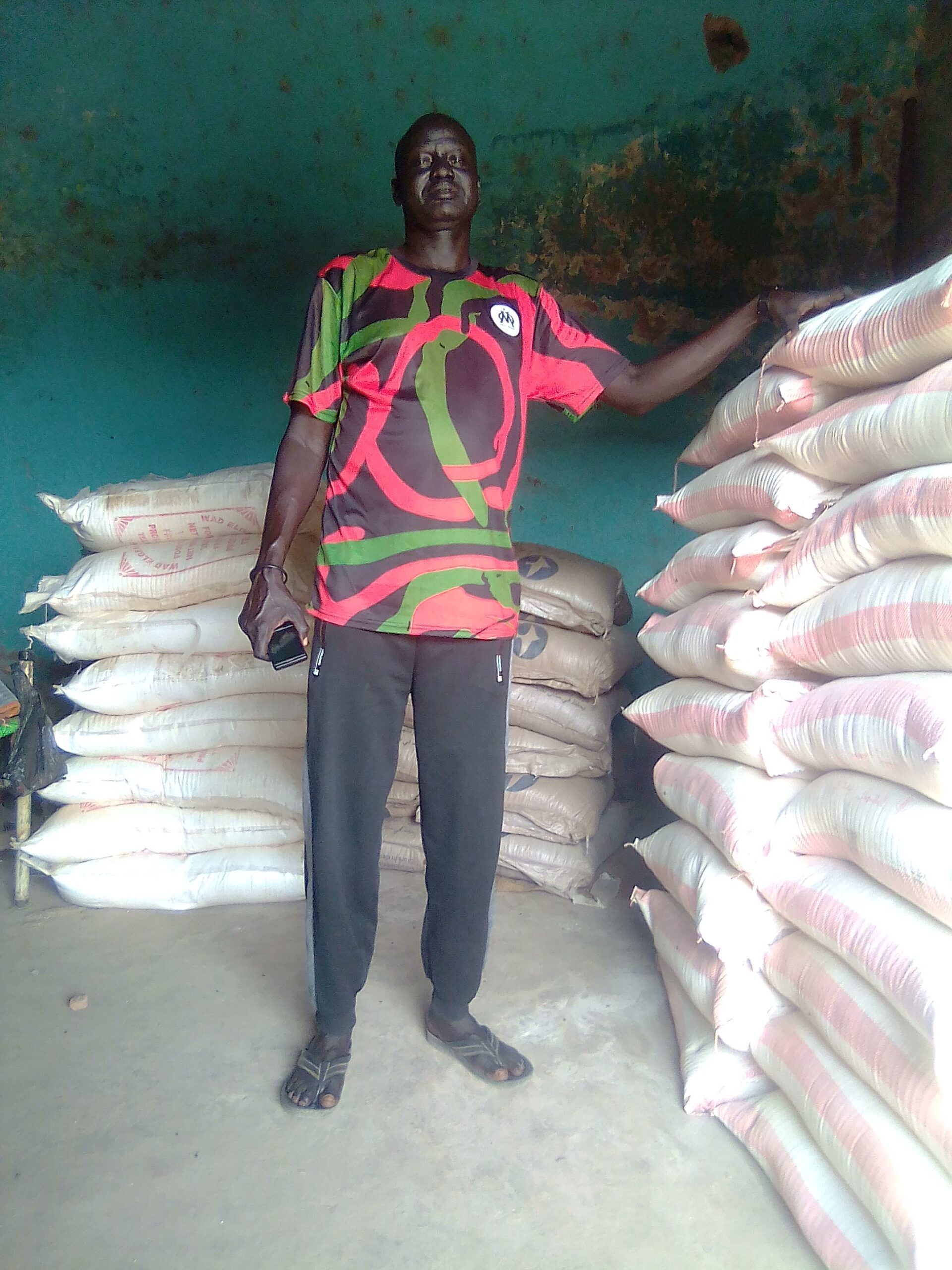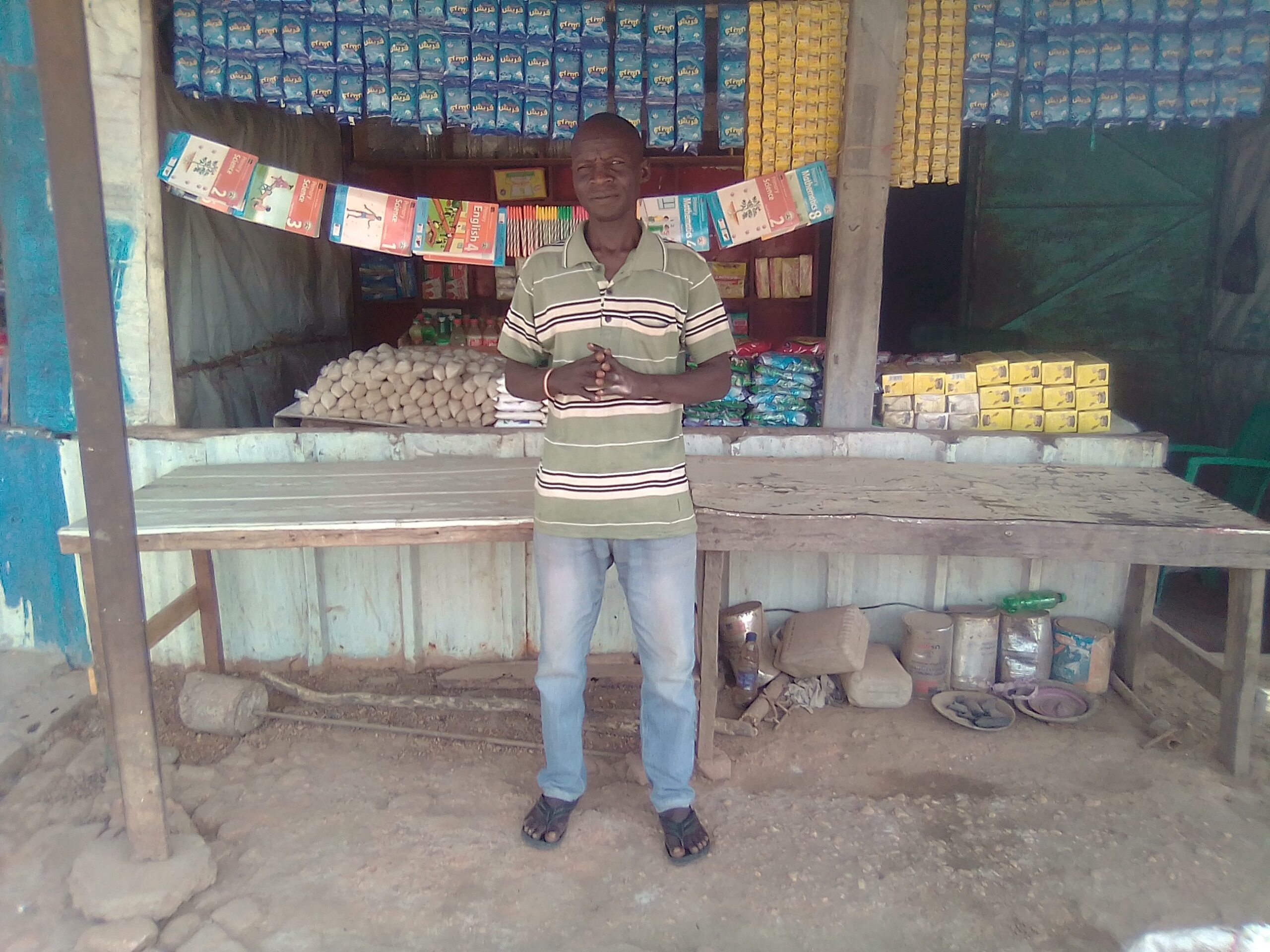By Chondok Stephen Magei
Mary Nyakun Thong hastily fled Unity State capital Bentiu for Kakuma Refugee Camp in 2015 when fighting intensified in the region leaving her shop plundered and looted.
Thong’s losses included livestock and for seven years as insecurity persisted, Thong relied on alms provided to refugees, ruing the losses of her $5000 shop.
The 47-year-old, encouraged by the relative security brought into the country by the peace agreement signed in 2018 has returned and started to re-establish her business.
She sells tea at Kalibalek market in Bentiu town and can afford to send her children in Kakuma $250 monthly.
“I tell you I started doing this tea business with $400 I came with from Kenya,” Thong told Juba Echo in an interview in Bentiu.
“I only need peace so that I can catch up with the rests of other businesspeople,” she said.
The peace agreement signed in September 2018 which led to the formation of a Transitional Government of National Unity has stood the test, pacifying the country and allowing people to move around rebuilding their livelihoods.
A cessation of hostilities signed earlier in December 2017 has given high optimism of a return to total peace in South Sudan by the end of the three-year transitional period ending in 2023.
Thousands return voluntarily
Figures from the United Nations High Commissioner for Refugees suggest that there have been 387,000 spontaneous refugee returns as of October last year.
“In terms of assistance, UNHCR is pursuing a multi-year approach together with humanitarian, development and peace actors with the aim of identifying comprehensive and lasting solutions for returnees in areas of return,” Tim Gaynor, the Senior External Relations Officer for UNHCR in South Sudan told Juba Echo in an emailed response to questions.
The assistances include “basically, supporting security and peacebuilding, as well as support for livelihoods among returnees,” Gaynor said.
Across many towns affected by the wars, businesses are popping up including in farm produce such as groceries and cereals.
Many returnees to Unity State are from Sudan, others from Kenya and Uganda while others were locally displaced at a United Nations Mission base in Bentiu and other internally displaced settlements across the State.
Nyataba Liah Jokluok has returned from Sudan and put all her efforts in revamping a trade she vibrantly enjoyed before the crisis.

When the war reached her hometown, the 50-year-old woman sought refuge in Sudan leaving her three shops in Mirmir Payam and Leer town to the plunder of armed groups.
“Before the crisis I hard three big business shops but all were looted, even my 30 cattle were taken,” Jokluok told Juba Echo from Bentiu town where she has opened shop.
“I have just arrived in unity state three months ago and as you see me now, I started my business with three hundred thousand South Sudanese pounds,” she said.
“I am getting 5000 South Sudanese Pounds in profit and 3000 goes to family upkeep.”
Regaining economic status
Like Jokluot, Gatwang Dhoal Ngunoah, one of the leading importers of commodities to Unity State before the crisis is reworking his path to regaining the status.

Its a tedious step but the trader who “recently” returned to Bentiu from Sudan where he fled the conflict to is optimistic of rising again. He also lost 8000 sacks of sugar during heavy fighting in Bentiu town in 2014, manifested with looting of properties.
To express himself, the businessman who lost 5 million South Sudanese Pounds to armed men when fleeing, and worked as a casual labourer in Sudan to feed his family, returned with a stock of 500 sacks of sugar and 50 sacks of wheat flour.
“I started my business two months ago and we need peace [to continue reigning] to secure our businesses in Unity State,” Ngunoah told Juba Echo.
Jal Ruei Golong has also taken advantage of the peace and bought a small shop in Bentiu town at 300,000 South Sudanese Pounds.

He was also a victim of looting of shops in the town in 2014.
“I have business ideas as you see now but I need an assistance, if someone gives me loan, I work and return the borrowed money to the owner,” Golong told Juba Echo.
“My main purpose to come home is because of peace and to make business.”











